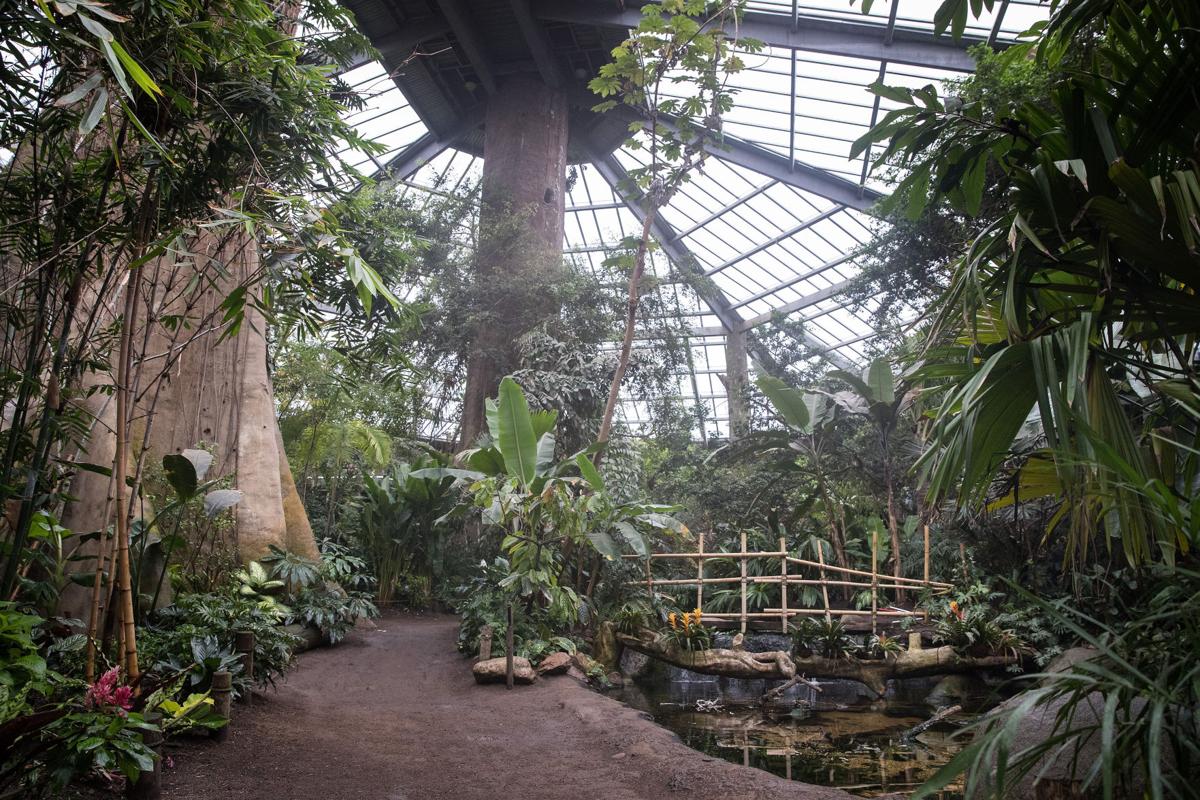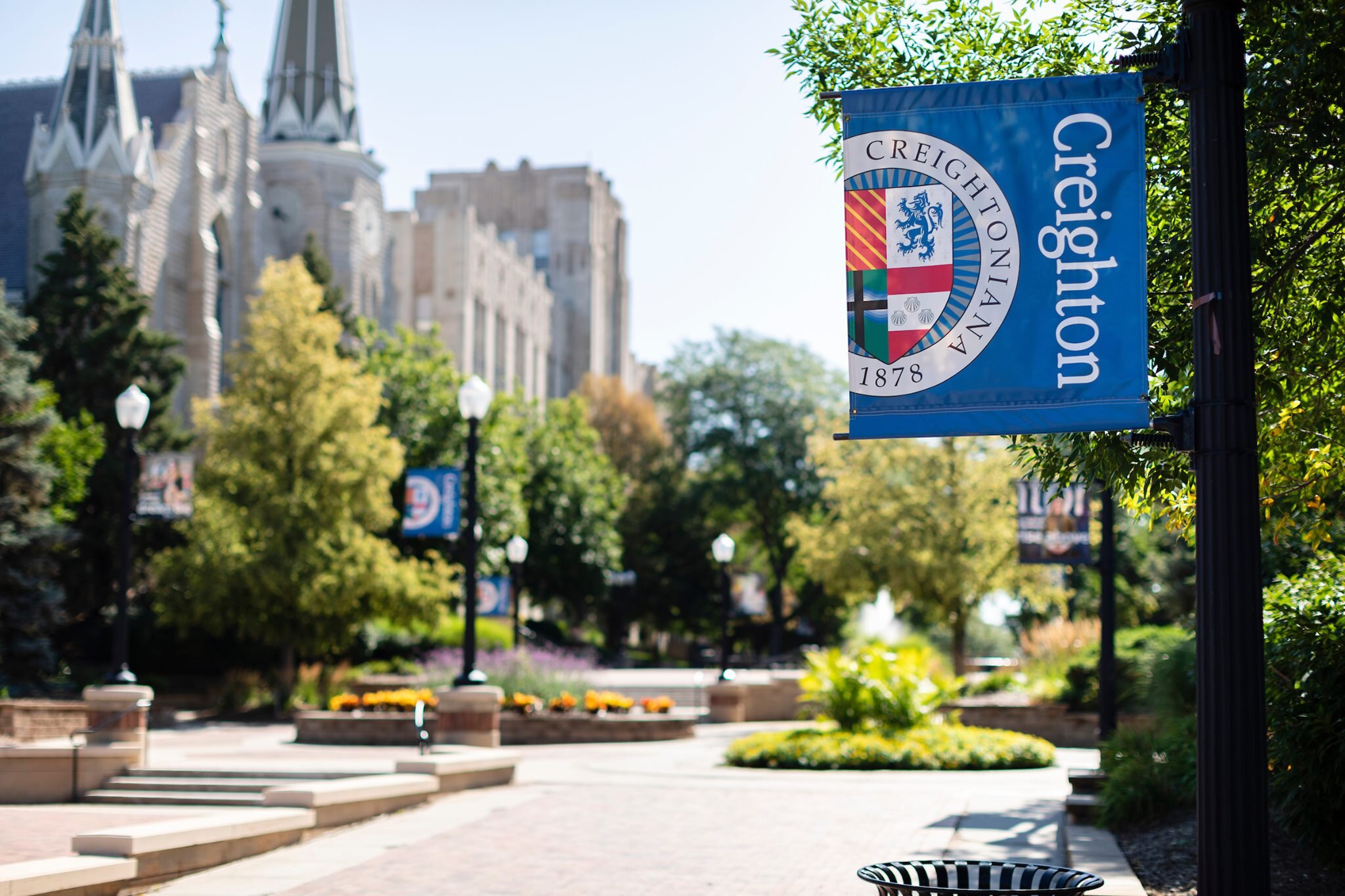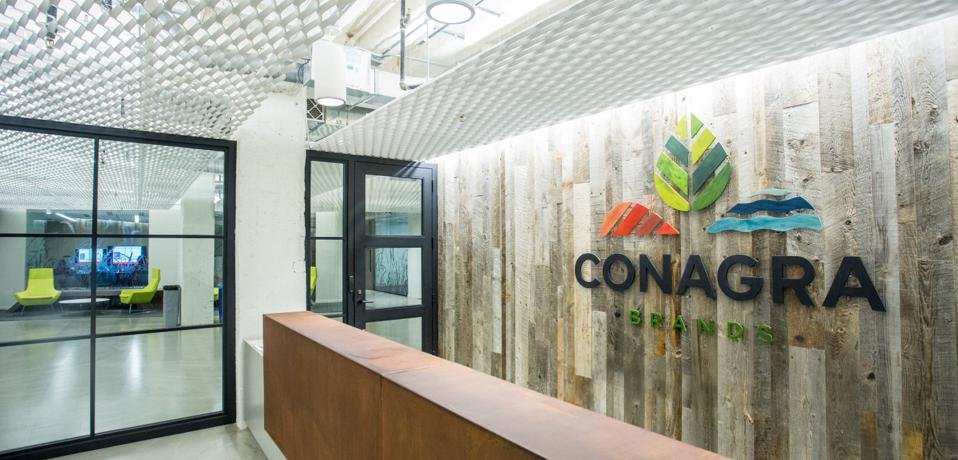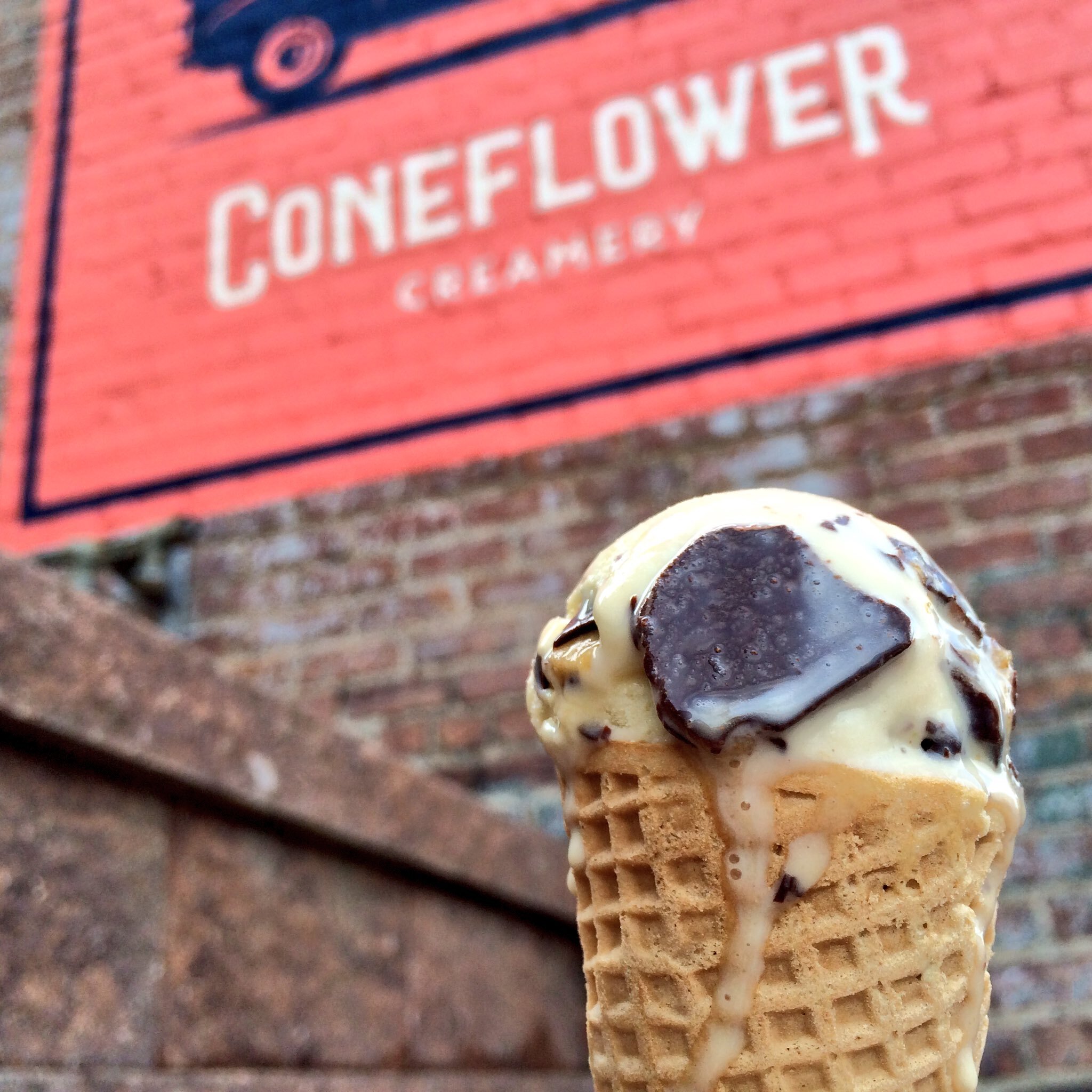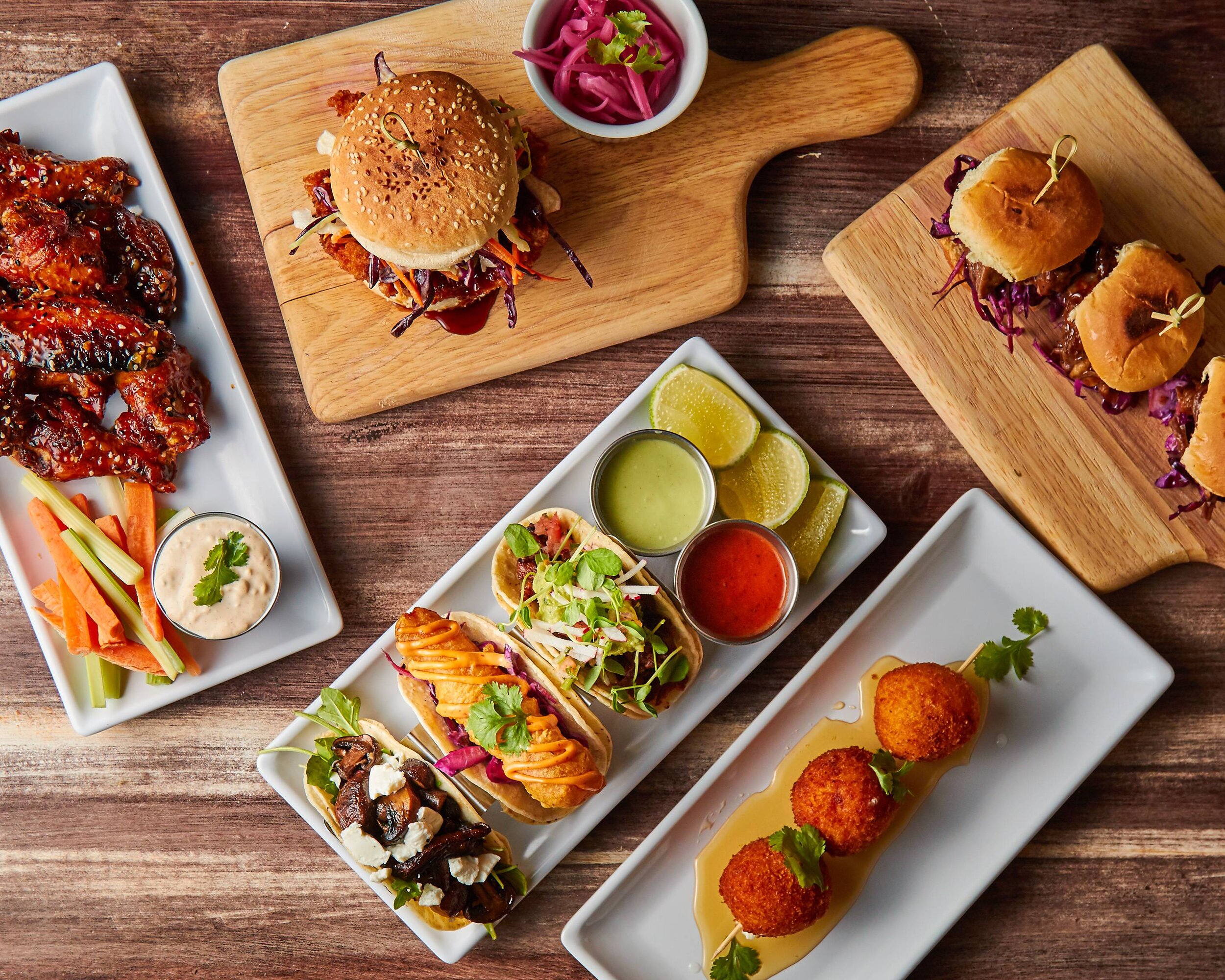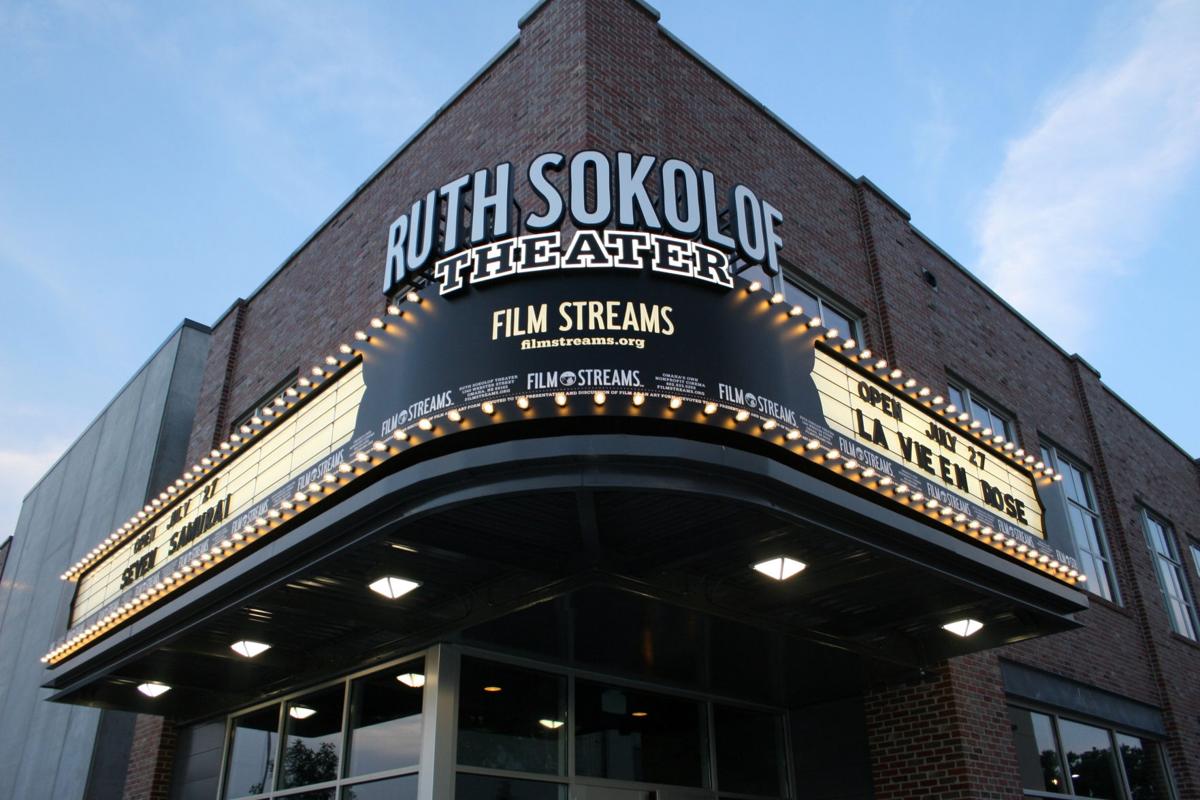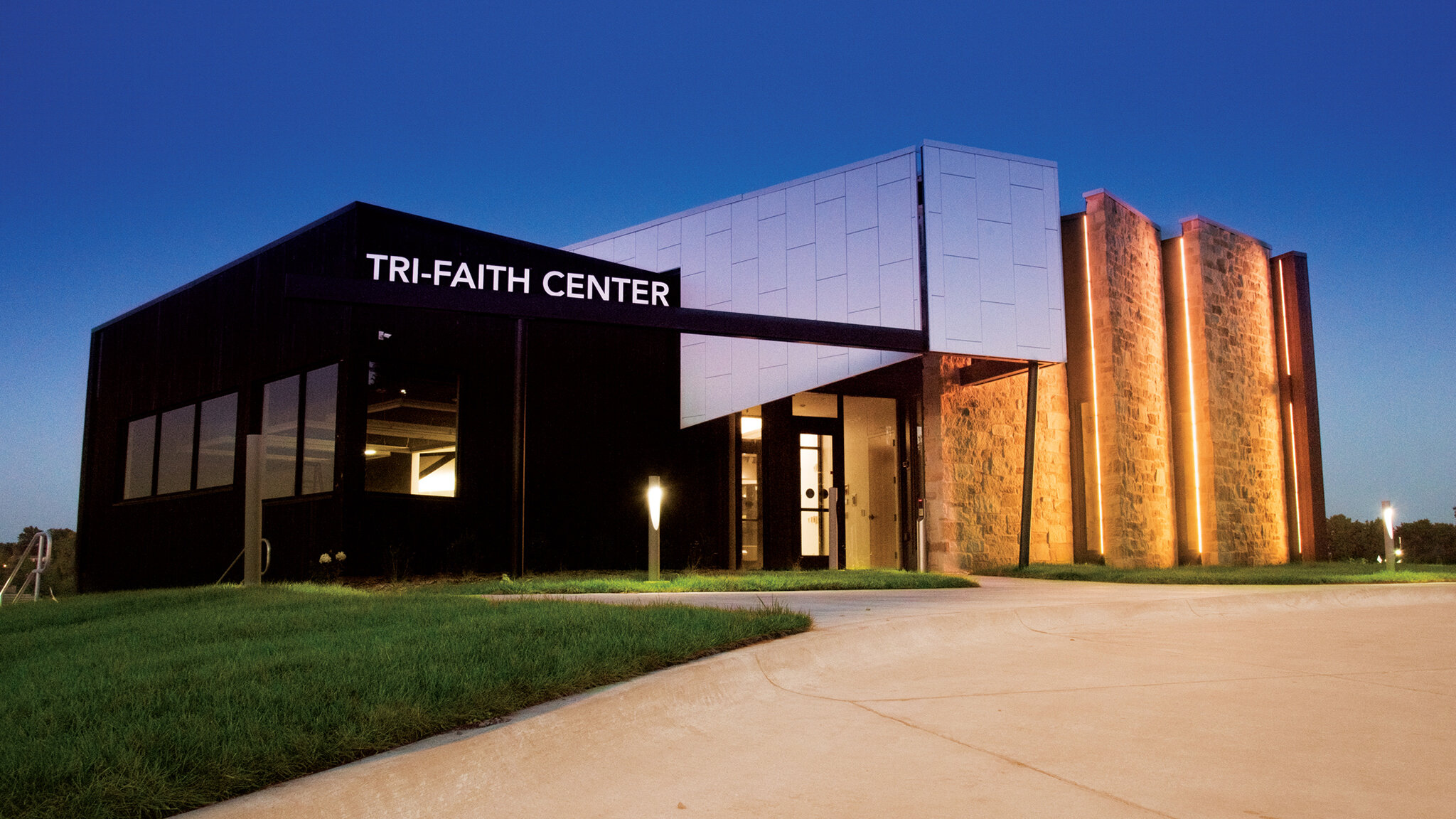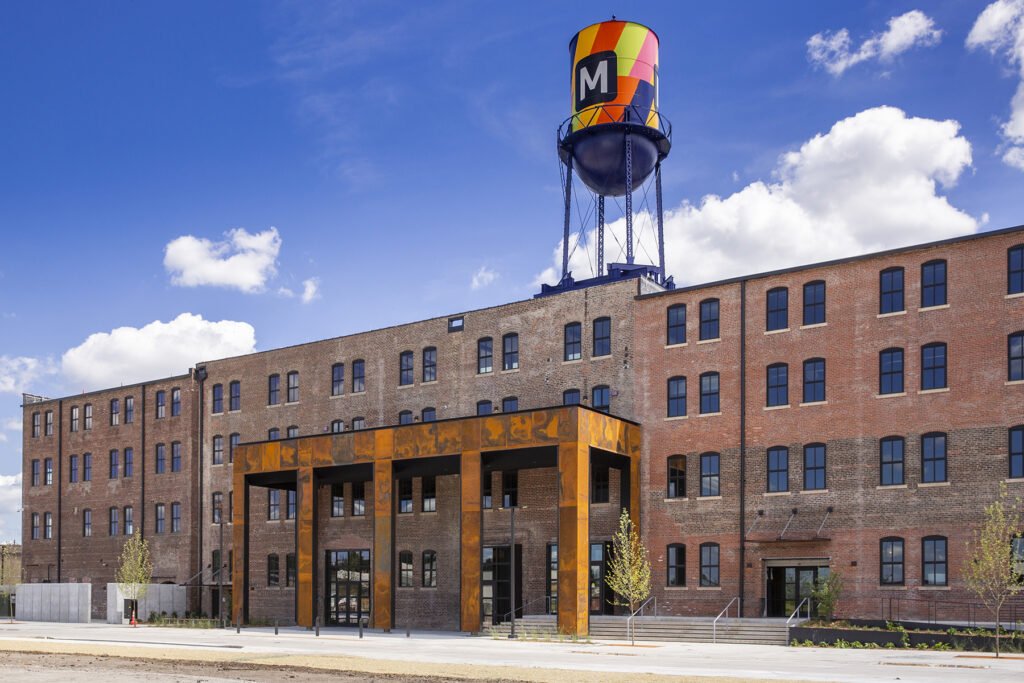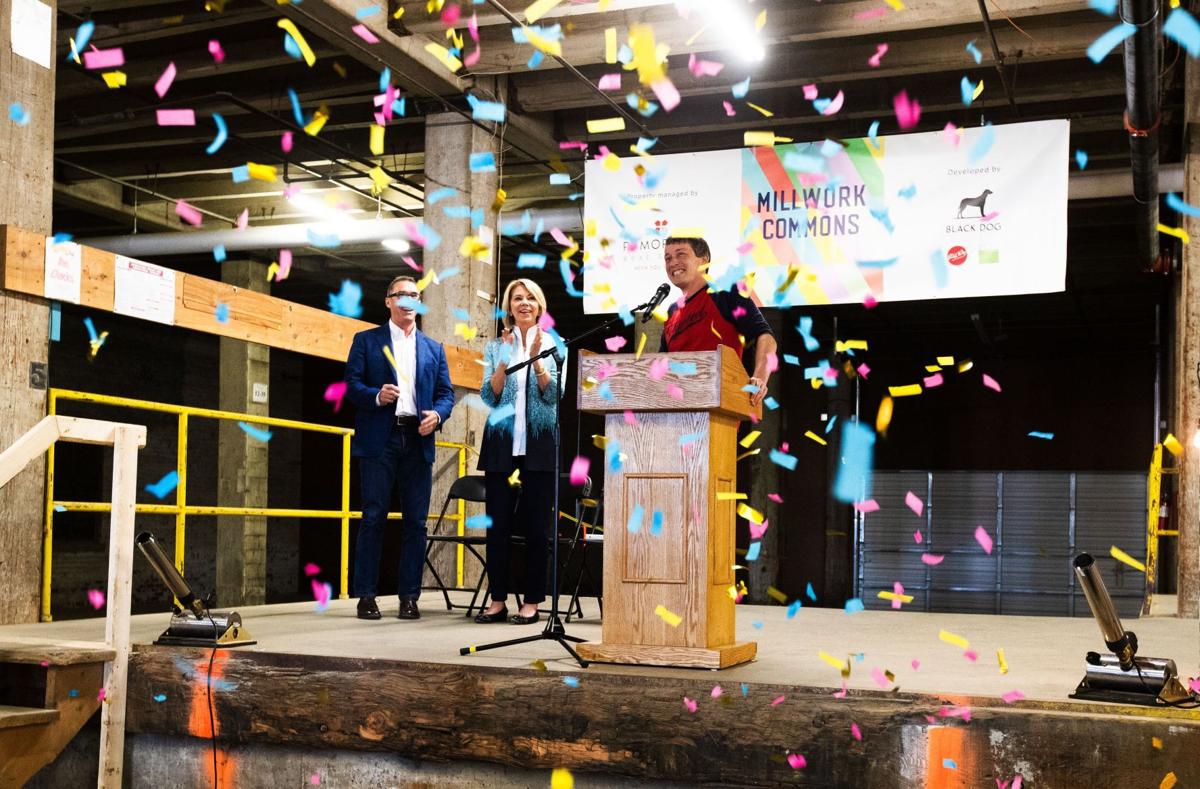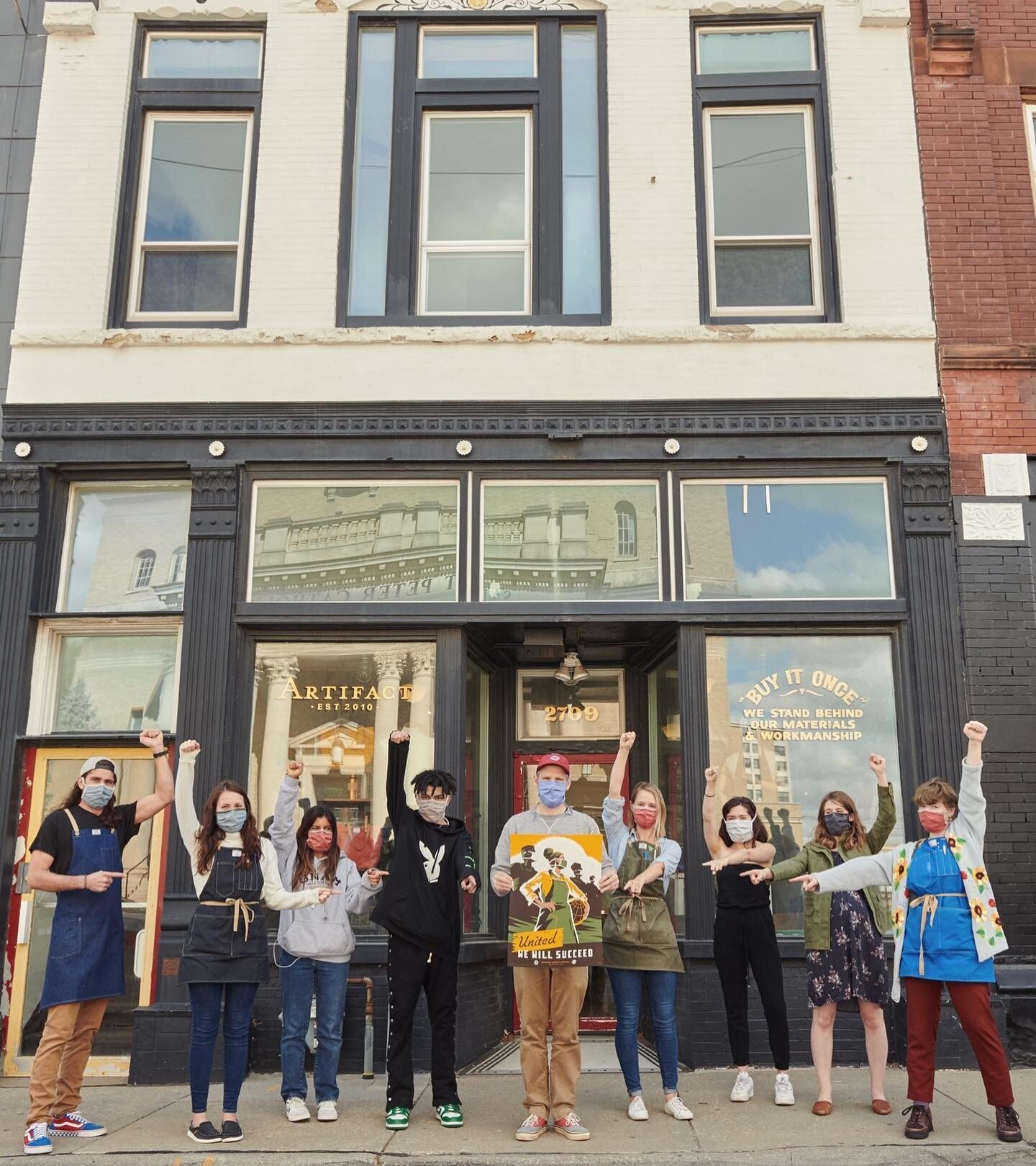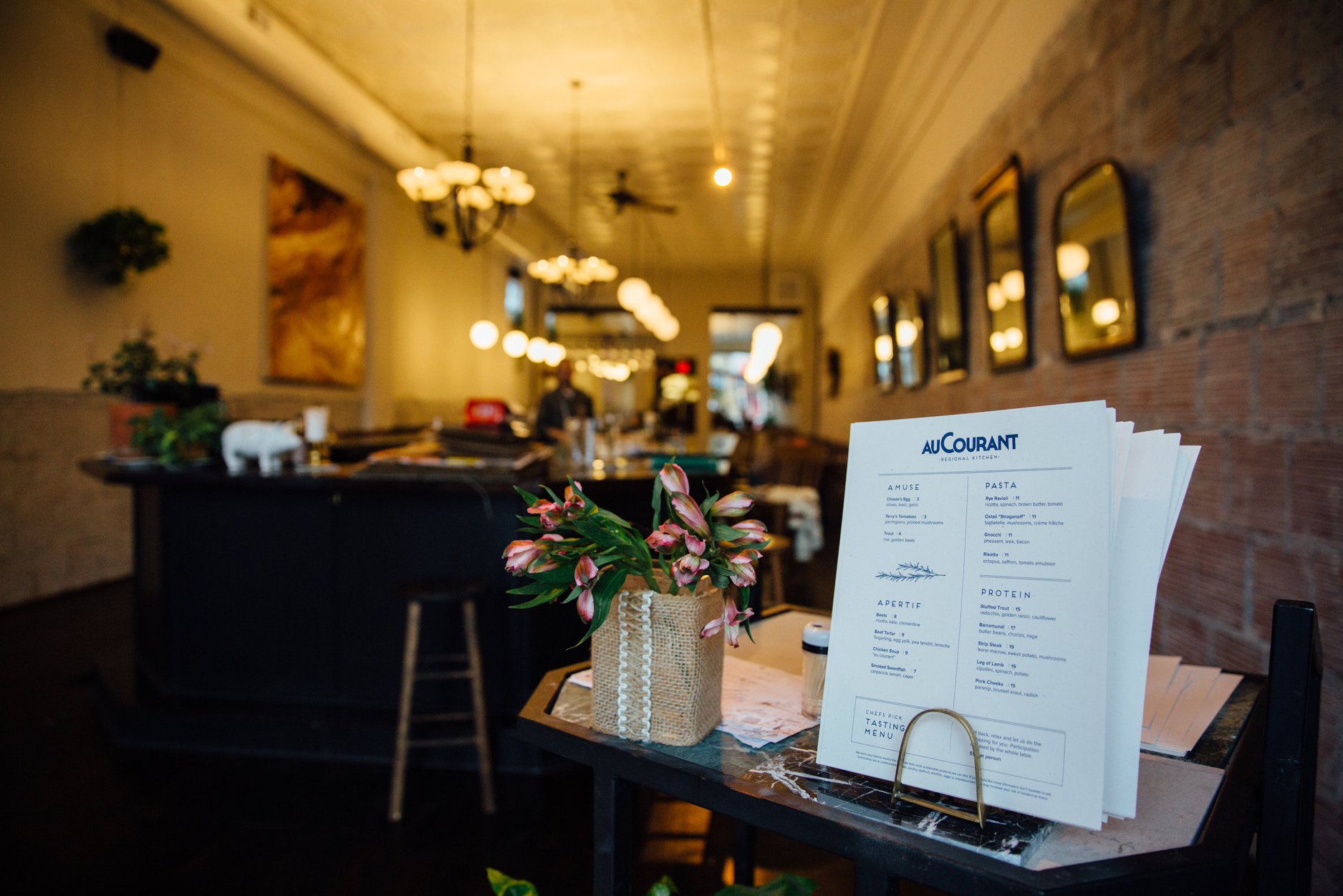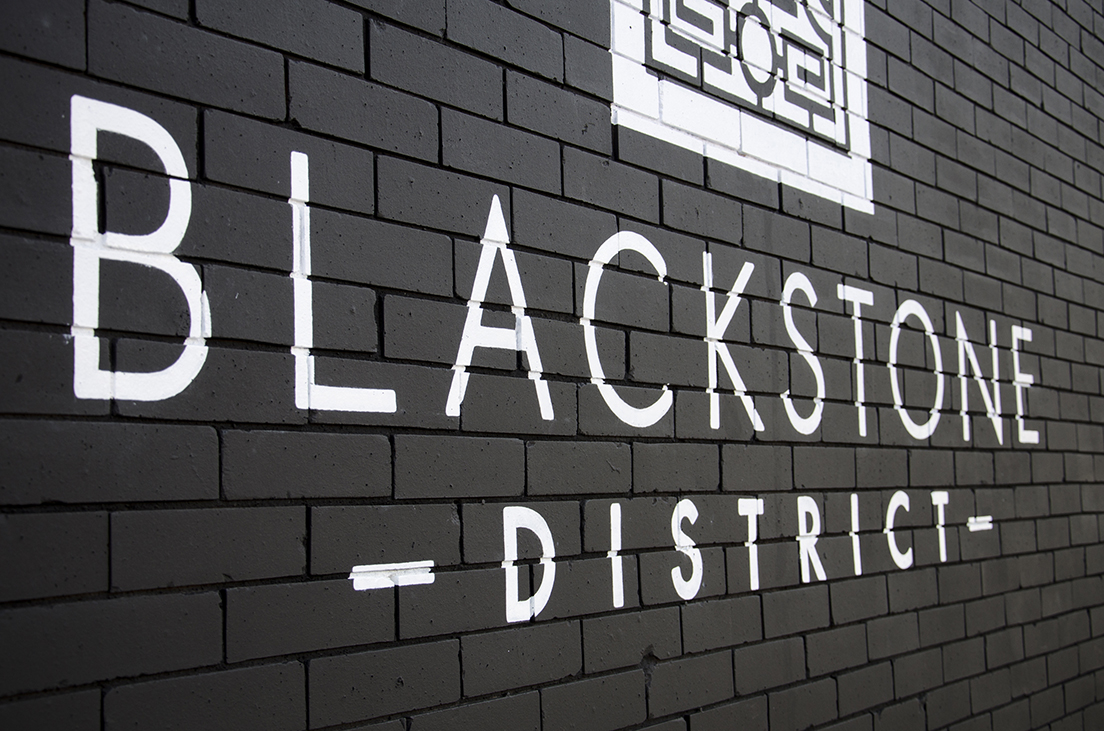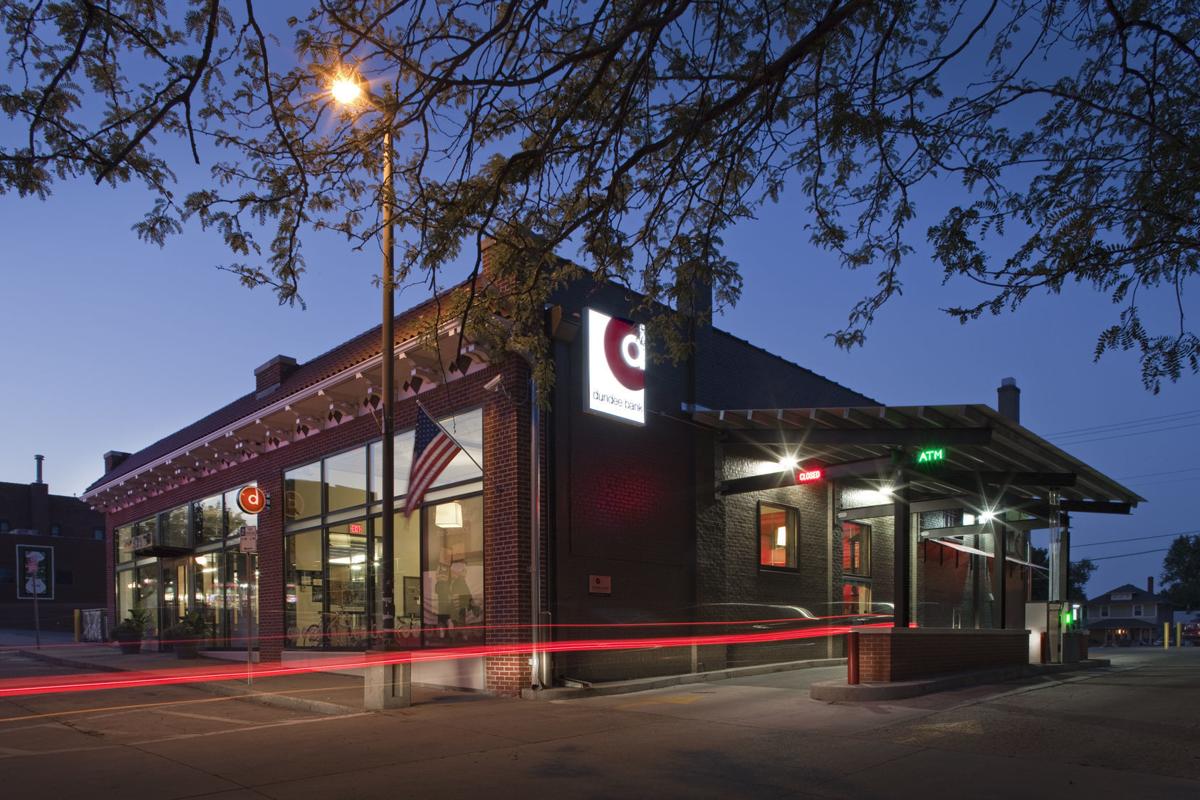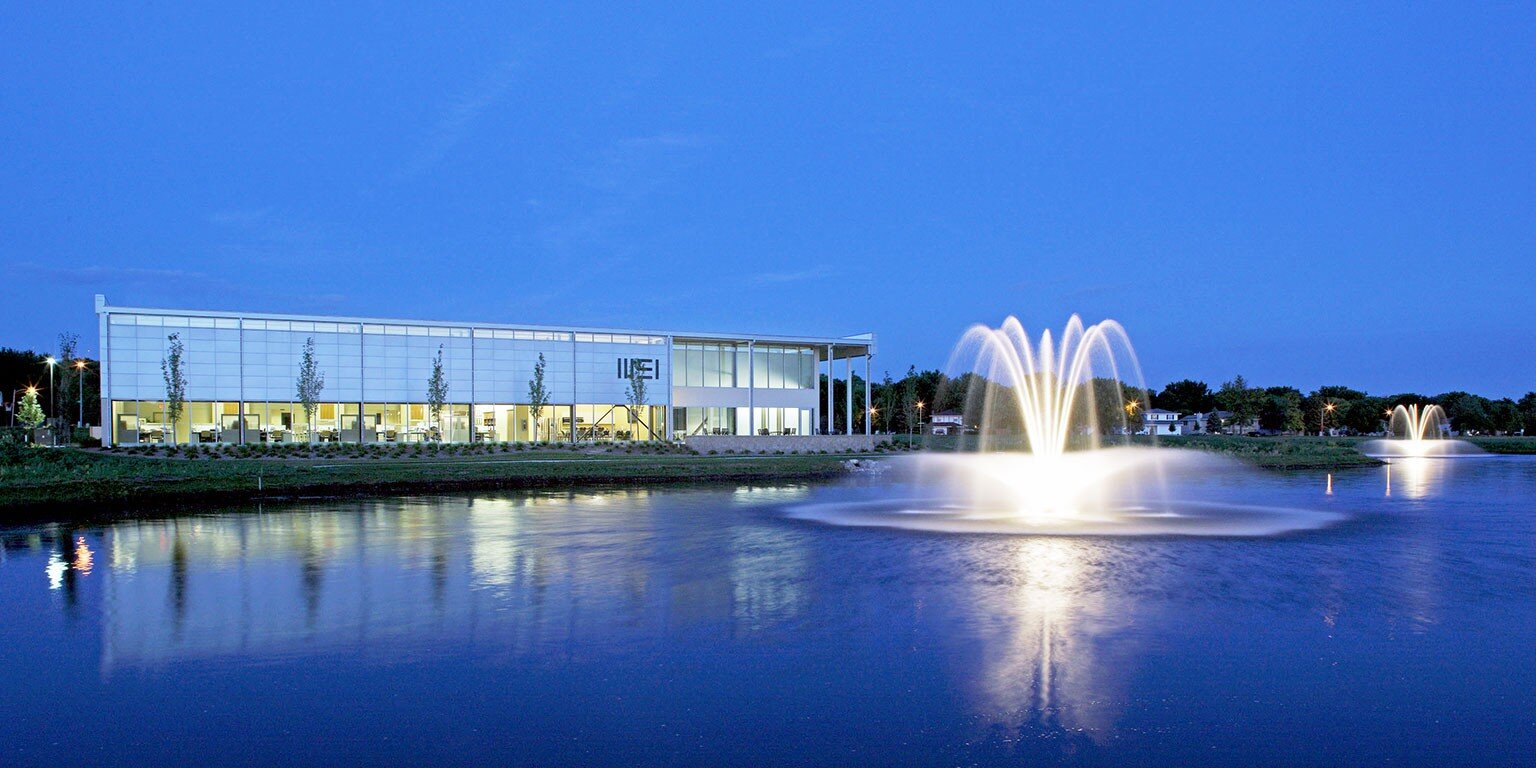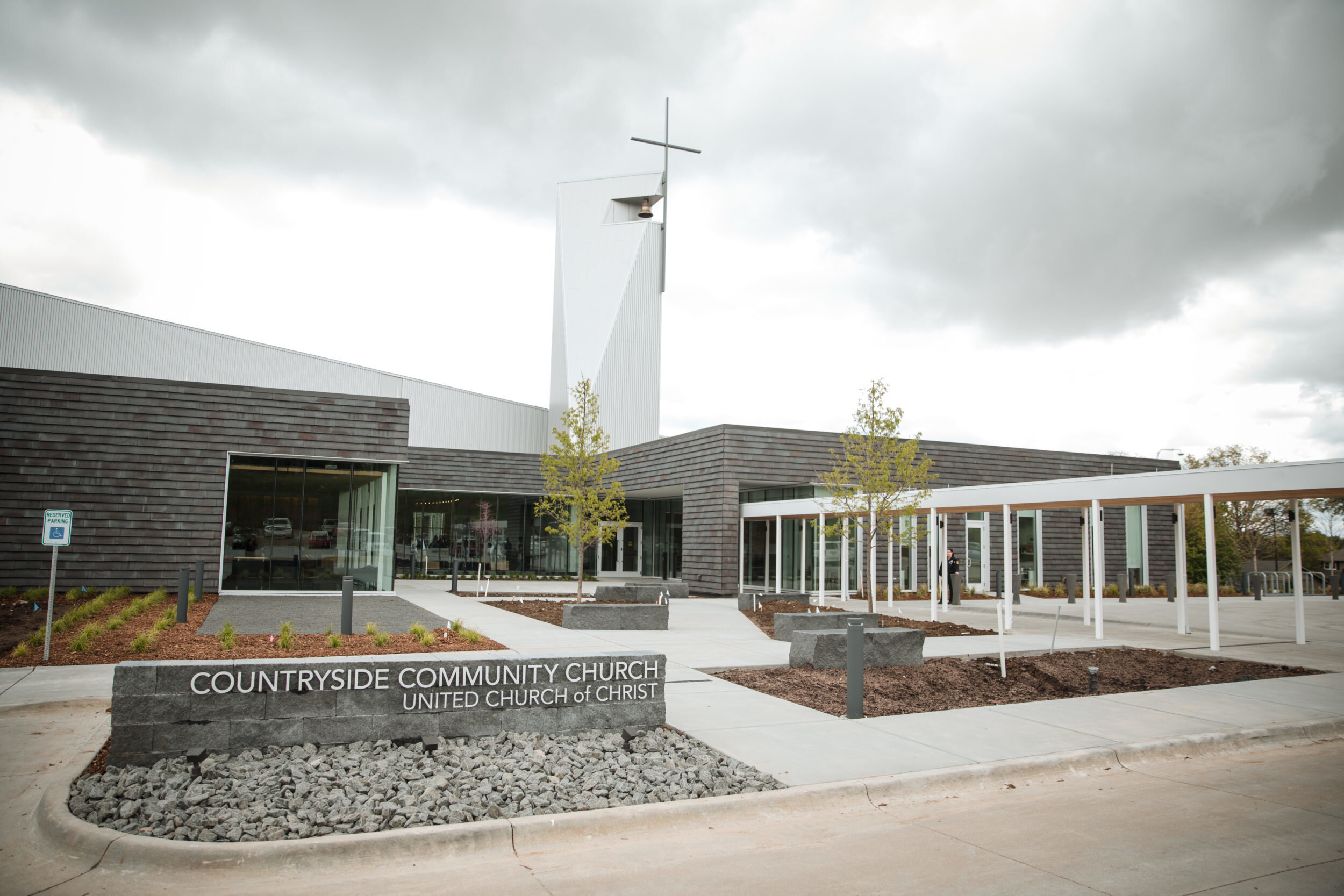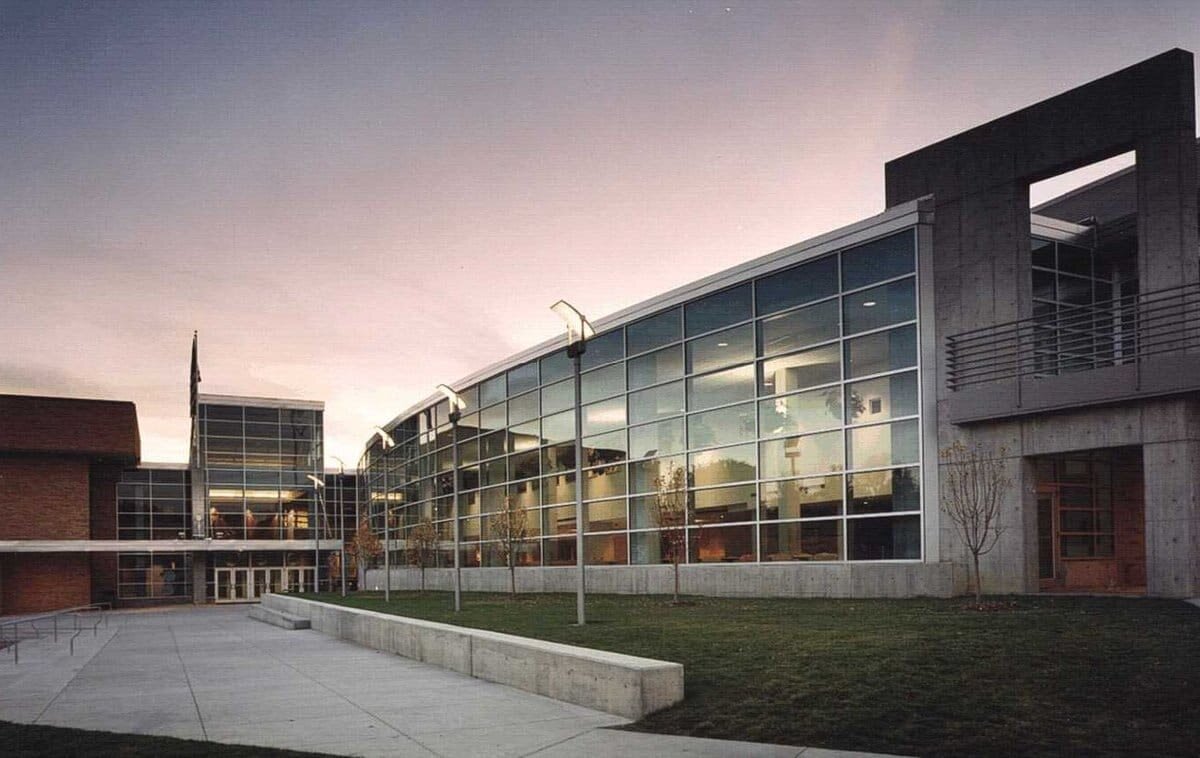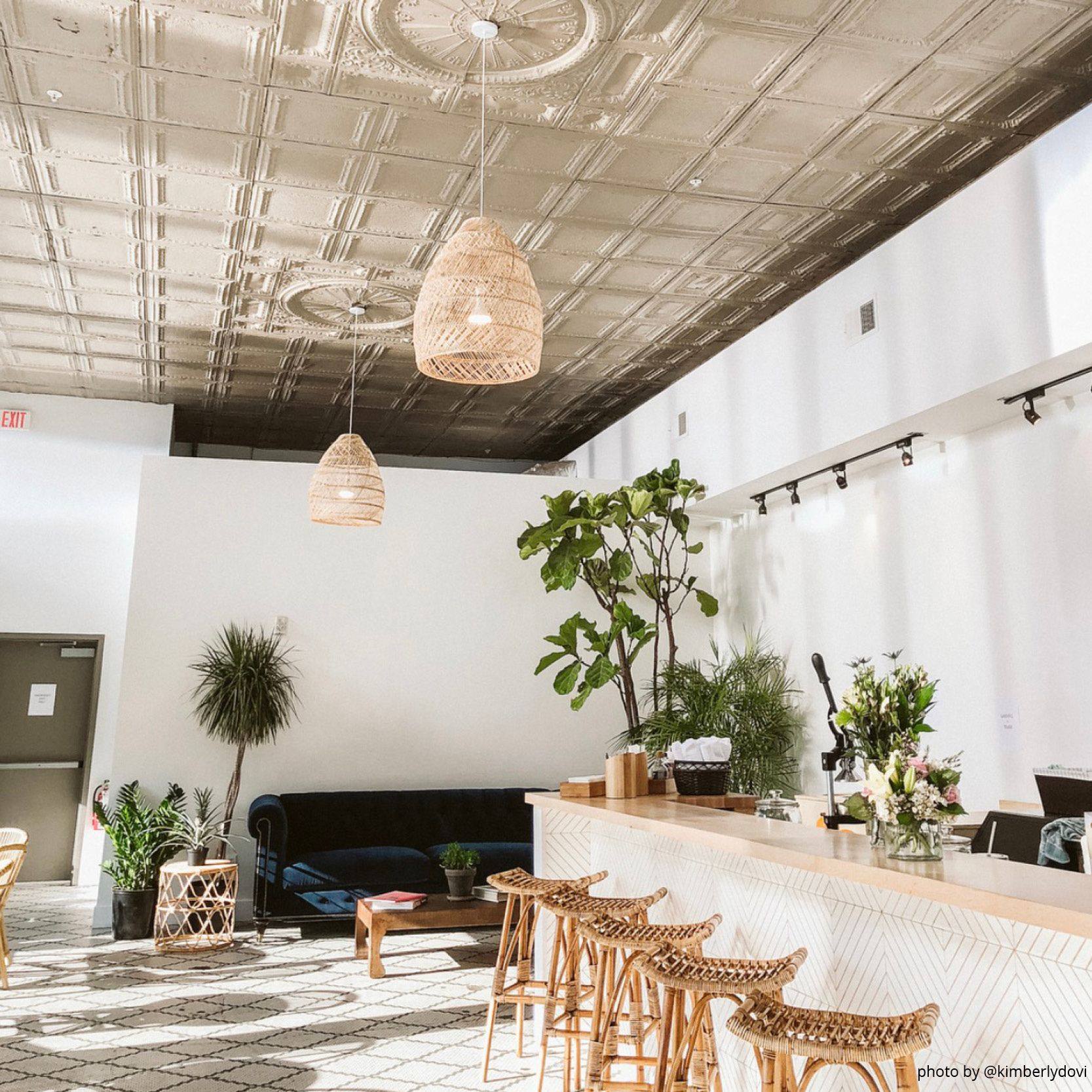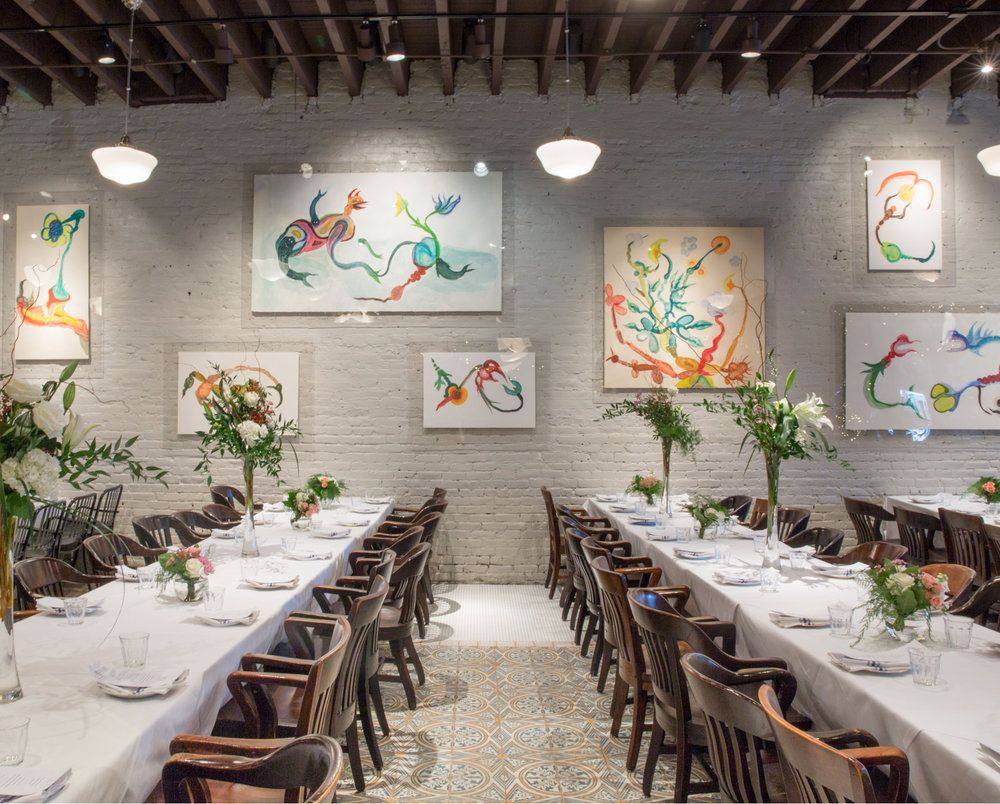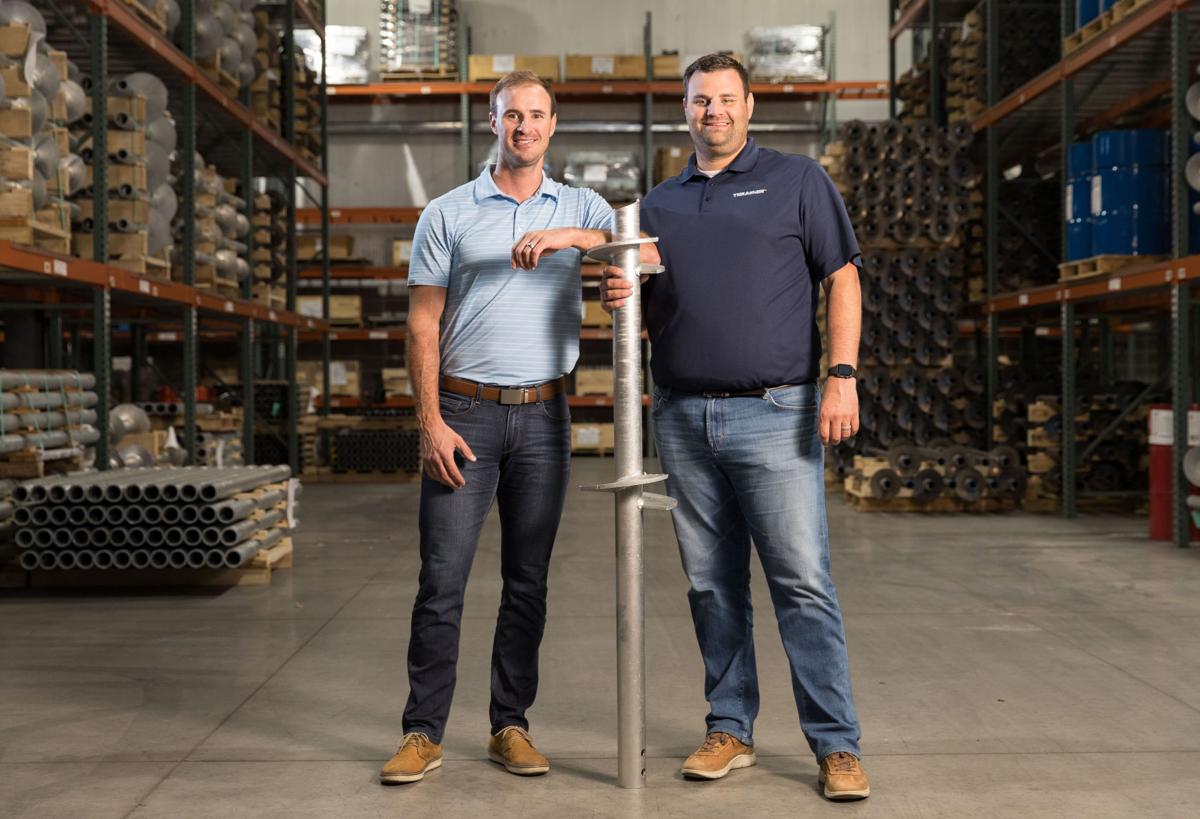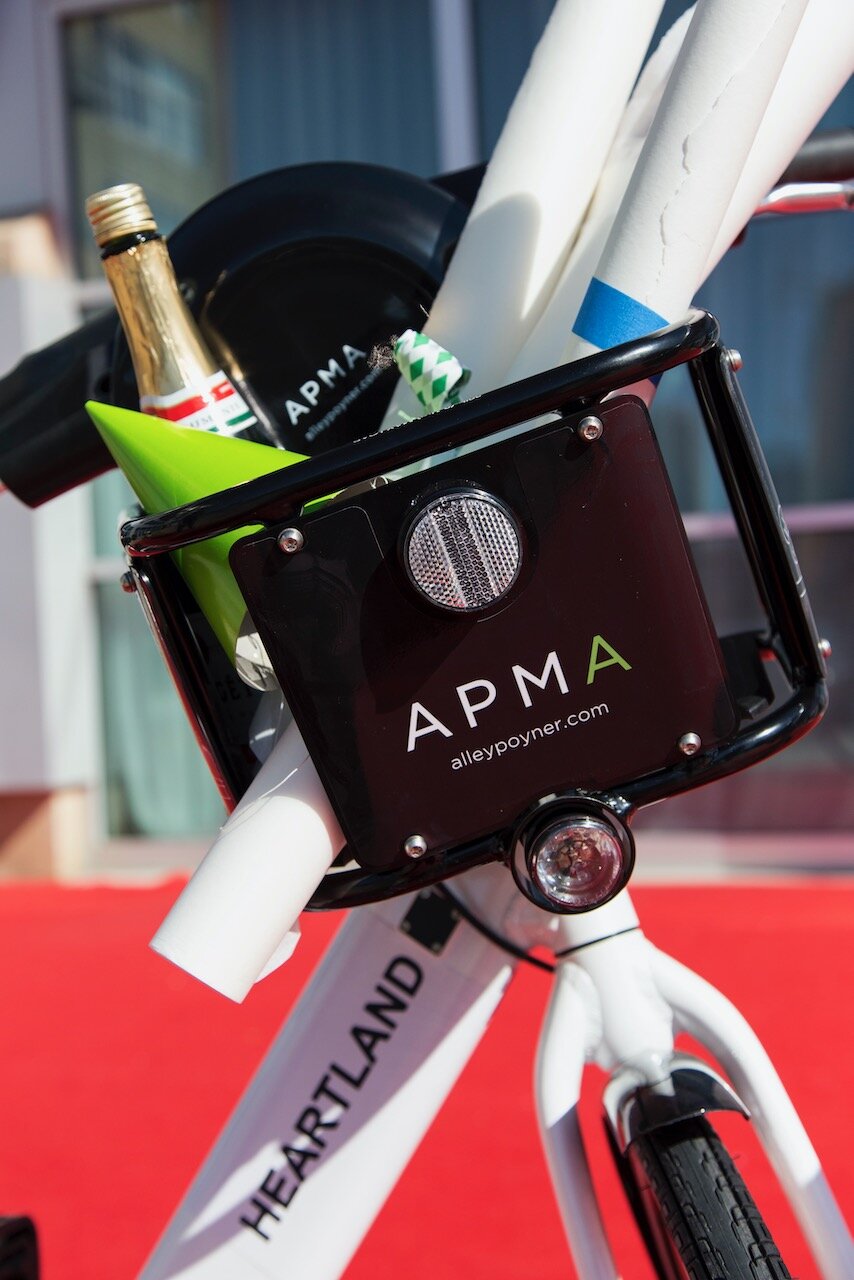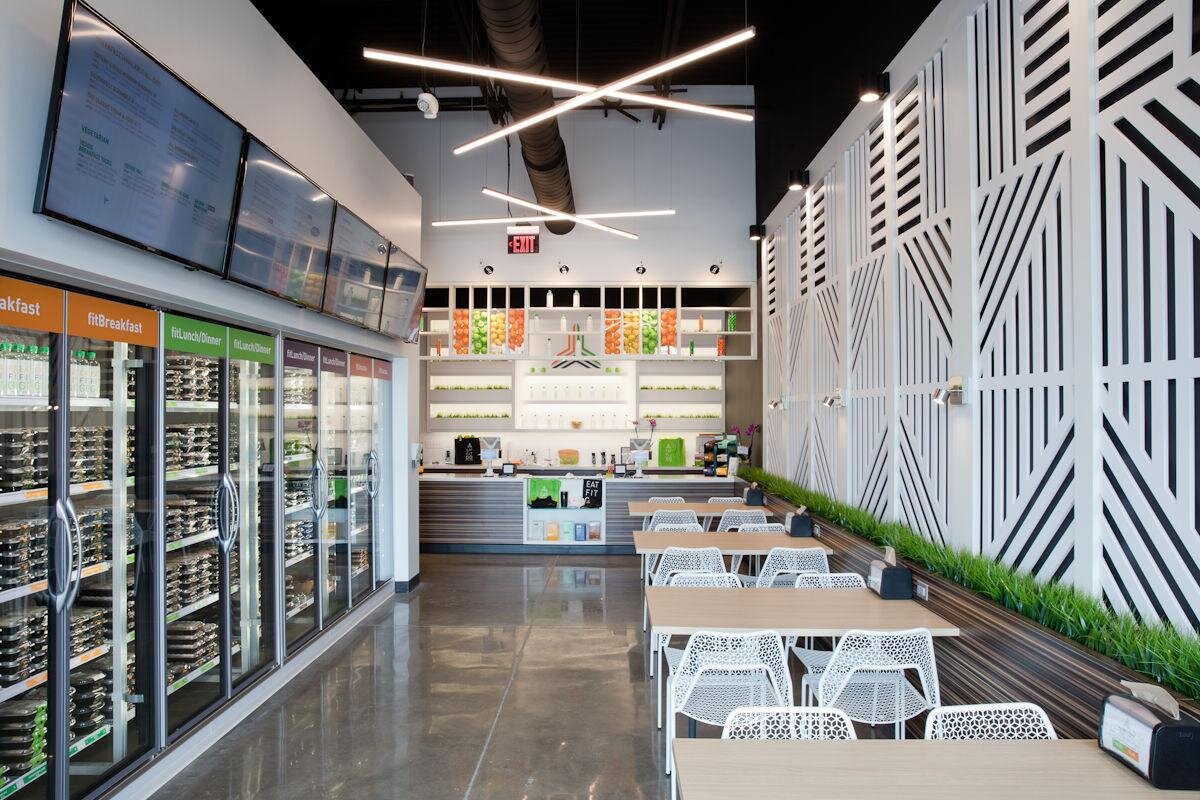Why Compost?
It’s Nature’s Version of Recycling
From skyscrapers like HDR’s international headquarters in Aksarben Village, small restaurants like Noli’s in Blackstone, to 24 schools across the metro — we run successful composting programs with all types of organizations.
Composting transforms food waste into nutrient-dense soil which farmers & gardeners in our community use to grow trees, flowers, and food. We have the area’s only industrial composting farm located in Ashland, Nebraska named Soil Dynamics which accepts a much wider range of materials than a person can compost at home. Take a look at our farm …
Consequences of Landfilling Food
METHANE: Over half of what’s in the landfill is compostable. Most folks assume these materials simply break down into dirt. In reality, food waste in a landfill puts off methane gas, which is 120 times worse than CO2.
LEACHATE: The water from food mixes with everything else in a landfill, producing a toxic sludge called leachate, which can get into our waterways and do some nasty stuff.
SPACE: Food waste shortens the life span of a landfill. Building new landfills is costly, and finding space for them is incredibly difficult.
What’s Compostable?
The stuff we can take at our commercial composting farm is much different than what you can do in your backyard. We can essentially take anything that’s been alive once and turn it back into what it came from: soil.
Does It Smell?
Smell, bugs, and rodents are the biggest initial concern we hear. But the good news is that in practice, these concerns generally don’t pan out. Here’s why:
We double bag: We place a thick plastic bag and a compostable bag inside the totes. Users have the option of tying off the compostable bag to further restrict fly access or smell-output. We change the compostable bag each week, and the black plastic bag as needed. Watch this video for the full description.
Animals can’t get in: We’ve had 0 reports of animals getting inside out containers. But if prefer, we can always lock or clamp the lid shut and/or fasten the containers to a structure.
It works: From schools, offices, to restaurants, we’ve problem-solved the needs of many organizations.
Who's Already Doing It?
A list of our recycling and composting partners ...
How It Works
We determine how much material you’re composting.
We provide 64-gallon totes (pictured) that your crew places compostables in.
We empty the totes 1 to 5 times a week; most partners choose our weekly service.
We take your materials to our compost farm to be turned into soil.
For being a partner, you get some free soil, and have access to 20% off all soil/mulch.
If you’re hesitant about it, but wanna give it a shot, you can try out composting free for a month!
Plus we have Sustainability Consultants that provide training and help with implementation. And we have a free Quick Start Guide available here.



